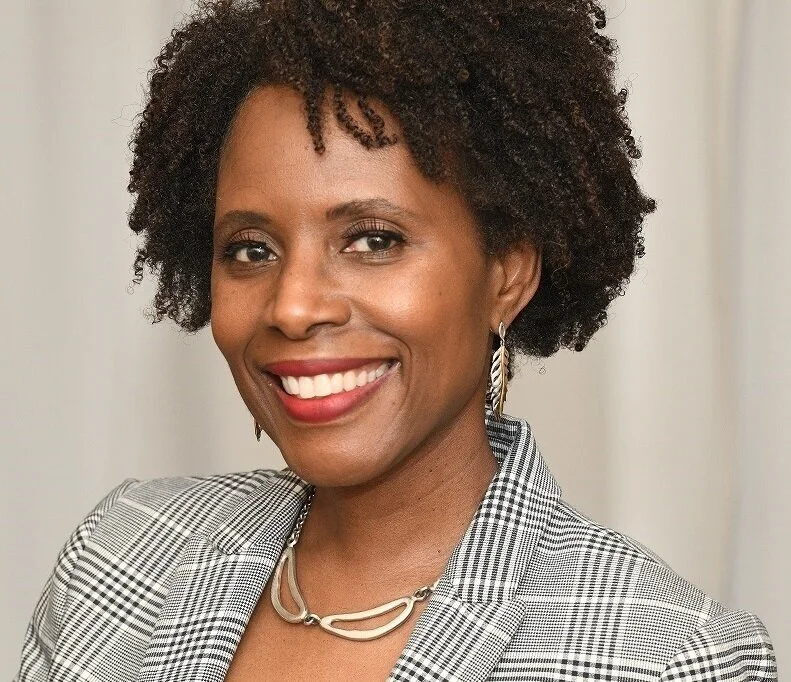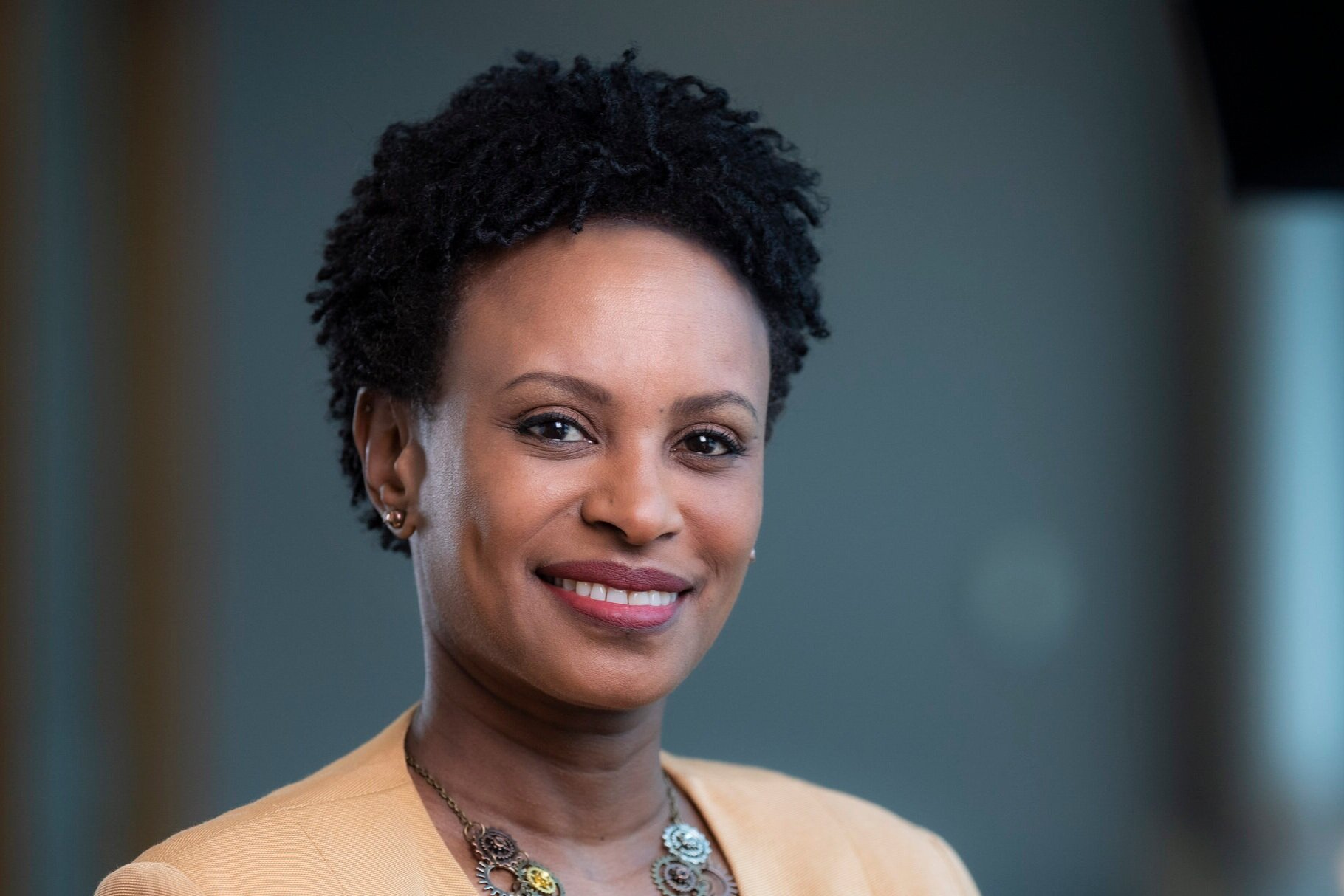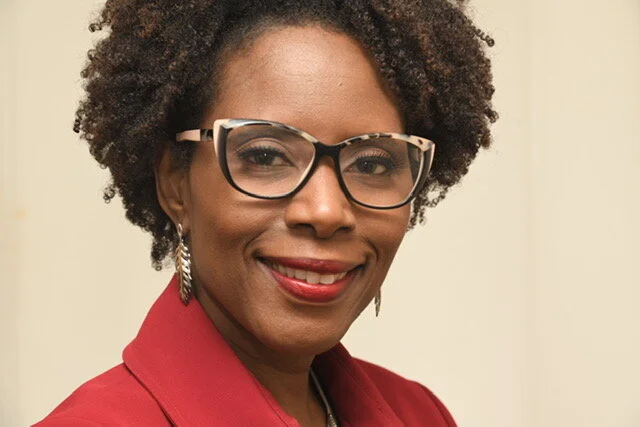Colleen Russell-Rawlins leading significant changes in Peel public school system
May 17, 2021
Black and Indigenous students in Peel who meet the admission criteria into ‘elite’ programs are now eligible for selection without having to participate in the random selection process.
Regional Learning Choices Programs (RLCP) empower students by providing an opportunity to develop and explore skills in a particular area of interest, including the arts, business and leadership.
The Peel District School Board (PDSB) offers 17 programs, six at the elementary level and 11 starting in Grade Nine.
“We made the decision to change our application process so that the form includes a new self-identification section,” said Director of Education Colleen Russell-Rawlins in the opening address at the Ontario Alliance of Black School Educators (ONABSE) virtual conference on April 23. “Our goal was to ensure that students are granted access because we know that they have been excluded.”
Black students make up nine per cent of the district and about two per cent are in the RLCP population.
“We really wanted to disrupt the exclusion that was happening,” said Russell-Rawlins. “We weren’t quite sure why, so we agreed to study what the barriers were. In the meantime, we are going to provide access.”
The decision to engineer the change has led to the school Board’s second Black Director of Education receiving a plethora of hate mail.
“It’s the most contentious decision I have made in my career,” admitted Russell-Rawlins. “When I think about why that was such a disruption and there was tremendous resistance and perhaps a misunderstanding, it goes straight to the heart of disrupting meritocratic thinking and the concept of neutrality. If you are truly seeking ways to create pathways to excellence for students, you have to be prepared to remove the barriers that allow students to gain access to programs that they have never been part of previously.”
At the third annual ONABSE conference in 2019, the findings of a report released revealed that Black students continue to be guided towards essential and applied courses of study instead of being offered opportunities to take part in academic programs.
The province has acted, with the Math curriculum to be the first to be destreamed as of September.
The PDSB has gone a step further, announcing it will destream Grade Nine English in 2022.
“Destreaming will only be successful if we as a community, as educators, students and families ensure that students develop the skills and competencies,” she pointed out. “I feel they are capable in meeting the demands of the curriculum. As a system, we are at the step of making structural change, but the promise of excellence will only be achieved if we can collectively and consistently ensure that our teaching practice develops the skills and competencies in students for them to be able to excel and achieve. An important focus is on evolving pedagogies that ensure that identity is respected and centred while we develop the academic skills and competencies that allow students to be successful.”
Russell-Rawlins also announced that the board’s first Student Equity Advisory Committee (SEAC), which will work closely with her and the senior team, will be launched shortly.
She emphasized that students must be the beneficiaries of changes within the school board.
“It is important that they play a distinctive leadership role in the transformations that are taking place,” said Russell-Rawlins. “I have always appreciated being challenged by students’ ideas and what makes a better school or a program. I think students want to be included and to feel that sense of agency and engagement, especially in a pandemic where so many feel powerless and at the mercy of decisions that are being made without their input because they are not present with us physically.”
Over 310 Grade Seven to 11 students have applied to be part of the SEAC.
“I can’t wait to hear their ideas and I am also committed to ensuring that on this equity committee, not only does it represent our diverse student population, but it represents students who have different lived experiences and who may never have seen themselves as being district leaders,” Russell-Rawlins pointed out.
Dismantling systemic inequities and transforming the board were at the top of her agenda when she joined the PDSB last August.
While speaking with the leadership team shortly after arriving, Russell-Rawlins quickly realized that the Board needed to infuse the core values of equity and human rights into everyday practices, programs and policies in order to achieve deep cultural and structural change.
“As a staff, we reframed the directives into four categories – relationships, leadership & capacity building, student learning & well being and accountability,” she said. “This approach was intended to disrupt the notion that the directives are really a checklist rather than a series of actions that form a much broader plan for deep and lasting conceptual change. While the Peel District School Board is on the right track, there’s a long journey ahead to truly transform the Board and dismantle systemic racism.”
After 29 years with the Toronto District School Board, Russell-Rawlins switched boards.
Why was the bold change made in the middle of a pandemic?
“As a critically conscious community member, a Black educator and a leader, the call for racial justice that was happening in the Peel region and in the Peel District School Board was a significant draw,” she said. “I was aware of the history of racism in the school board and I was appalled and traumatized by hearing about the ground being torn up on the boardroom floor…I knew they had grappled with issues of equity in the past, but it really came to a head last year for many of us outside the system when the Ministry of Education review on the Peel District School Board was released.”
In November 2019, the province’s Minister of Education Stephen Lecce directed a review of the PDSB following Anti-Black racism and dysfunction allegations. After extensive consultations, his office issued several directions to the board to tackle the issues.
In April 2020, the Ministry of Education appointed Arleen Huggins to conduct an investigation of the school board’s dysfunction and acrimony.
In her report submitted three weeks later, she concluded that the board didn’t have the ability to provide good governance or to effectively carry out its responsibilities to oversee and ensure compliance with the directions.
“It’s a difficult report to read and for me so many components of it resonated for me personally through family members’ experiences and certainly through students, friends and colleagues that I have met over the course of my career,” she noted. “I am hoping and I am here to be a significant part of a transformation of an education system that’s free from discrimination which has really being at the centre of my practice. I am hoping to make the current and future generation of students in the Peel District School Board lives better so they don’t face the same barriers that so many of us here have experienced.”






